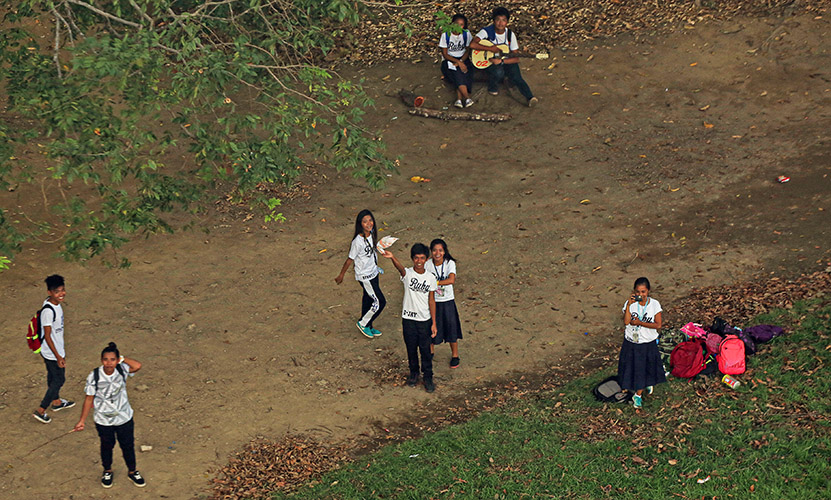With the start of the enrollment period and the transition to General Community Quarantine (GCQ) and Modified General Community Quarantine (MGCQ), Senator Win Gatchalian emphasized that class opening should be guided by a risk-based approach to address safety and health concerns for students, teachers, parents, and other school personnel to help prevent the spread of COVID-19 in the community.

The Chairman of the Senate Committee on Basic Education, Arts and Culture underscored that even in provinces where there are zero cases of COVID-19 and physical classes might be allowed, minimum health standards such as bans on mass gatherings should be observed.
The Department of Education (DepEd) has clarified that learners will not necessarily attend physical or face-to-face classes when school year 2020-2021 starts. DepEd’s Learning Continuity Plan (LCP) in fact identifies alternative modalities for learning delivery including online learning. For those who have no gadgets or access to the internet, television and radio-based instruction, and the use of printed packets are tapped.
“What we want is for the government to innovate. Kailangang alalahanin natin na layon ng pagpapatuloy ng edukasyon ay ang pag-angat natin sa kinabukasan ng ating mga kabataan, lalo na para sa mga nangangailangang mag-aaral,” said Gatchalian.
For the senator, ensuring the safety of learners need not sacrifice their continued learning and development, warning that prolonged school closures would have long-term adverse consequences.
He cited findings by a World Bank Report called “The COVID-19 Pandemic: Shocks to Education and Policy Responses,” which revealed that vulnerable and struggling learners are more prone to losing interest in school and dropping out. The same report said that learners who drop out will face lower lifetime productivity and earnings.
The report shared the example of Venezuela where an economic crisis increased out-of-school children and youth by 56 percent between 2015 and 2017. In the United States, the real annual earnings and employment rates of less-educated workers fall more during recessions compared to their more educated counterparts.
Gatchalian also warned that when learners in public schools, especially the disadvantaged ones, are left with nothing to do, they will lag behind their more socially advantaged peers and the learners from private schools.


